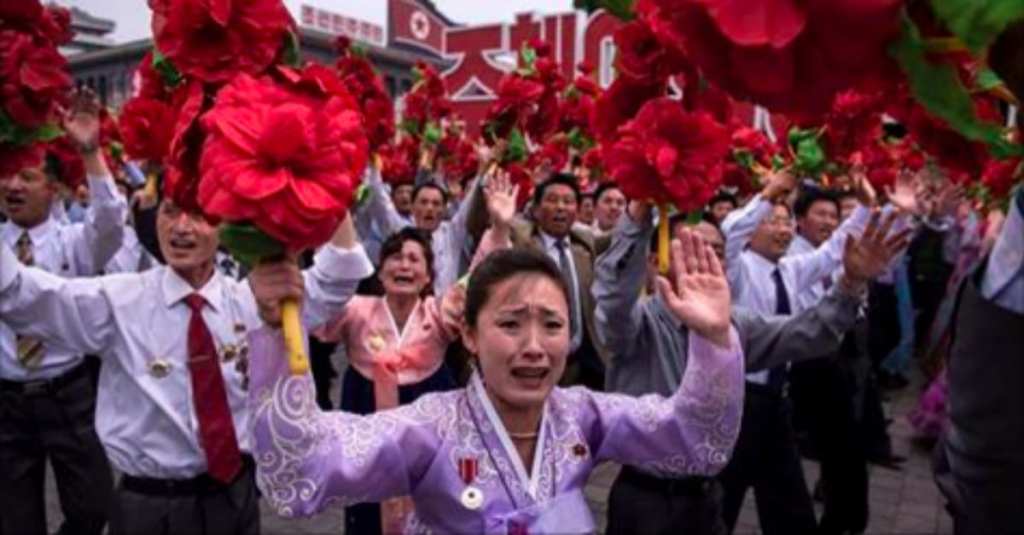Trending Now
It’s hard to know what day-to-day life is really like in North Korea, for obvious reasons. One of the most fascinating parts of World War Z (the book, not the terrible movie adaptation) was the author’s imagining of how North Korea would fare during a world war against zombies.
Hint: We’ll probably never know.
Now, there’s a new book out there, though, and it was written by a man who lived in, and escaped, North Korea. If you read Under the Same Sky: From Starvation in North Korea to Salvation in America by Joseph Kim, here are 5 things you can expect to have a better understanding about afterward.
#5. Life is hard, if not impossible
A famine began in 1994, most of the populace unaware that Russian food supplies had stopped until it was too late. People starved to death – by some counts, up to 10% of the populace. Bodies stacked up outside train stations, citizens who had expired while waiting for a train to literally anywhere else. When they ran out of animals, rumors abounded that human flesh took their place. The state media never addressed it.
#4. There is hope in China
Never mind that North Koreans can be arrested on either side of the Tumen River, which makes up a large portion of the border with China and, according to North Koreans, is electrified with 33,000 volts of electricity. Never mind what happens if you’re caught, or the fact that the pipe dream of buying cheap goods in China and bringing them back to sell would never work, given how little currency your North Korean neighbors have.
It was the dream of many, the idea of slipping into China to find your fortunes, only to bring them back to save your family.
#3. The North Korean government is cartoonish and terrifying
The author of the book says that growing up, Kim II-Sung seemed to him a bit like Santa Claus. He flew around the country checking on his children, a smart grandfather figure who possessed vague magical powers.
Except no one has ever gone to prison for allowing dust to gather on their portrait of Santa (I don’t think), or forgetting to wear a badge bearing his name. The bureaucratic propaganda game in North Korea is strong, from billboards declaring “we must work a thousand times harder than other countries” and signs encouraging people “let’s eat two meals a day” during the famine.
#2. You don’t want to go to a detention camp
The local police could be easily bought, but state run agencies were nothing to trifle with, Kim says. The North Korean Department of Youth runs detention camps and are responsible for everyone between the ages of 14-28. In the camps, meals consisted of “watery soup and maggoty cornmeal, and not enough of either,” according to Kim.
Anything from truancy and theft to failure to properly honor North Korean officials could land a young person in a camp, where violent, targeted beatings were the norm and the people in charge had no trouble letting inmates starve to death in order to manage a dwindling food supply.
#1. Slipping across the Chinese border was only the first step in escaping North Korea
The Chinese are not necessarily welcoming to refugees, and blending in can be hard. North Koreans who make it across the Tumen River are emaciated, starving, and aren’t aware of cultural things like tall buildings, fashion, religion, and a hundred other things that make them stand out.
As Joseph Kim tells it, the advice someone gave him to find a church (“what’s a church?” he had to ask) because they would give him money was also confusing: “Why would these church people just give you money?” / “Because they’re Christians,” came the answer. “What are Christians?” Kim needed to know.
It’s a good thing he asked, because it was a Chinese church who helped him find asylum in the United States, but many North Korean refugees aren’t nearly so lucky.
If you’re looking for a poignant, honest, gut-wrenching tale about the truth of life in North Korea (and what it’s like for the people who make it out), I recommend grabbing a copy of Under the Same Sky to read for yourself.







